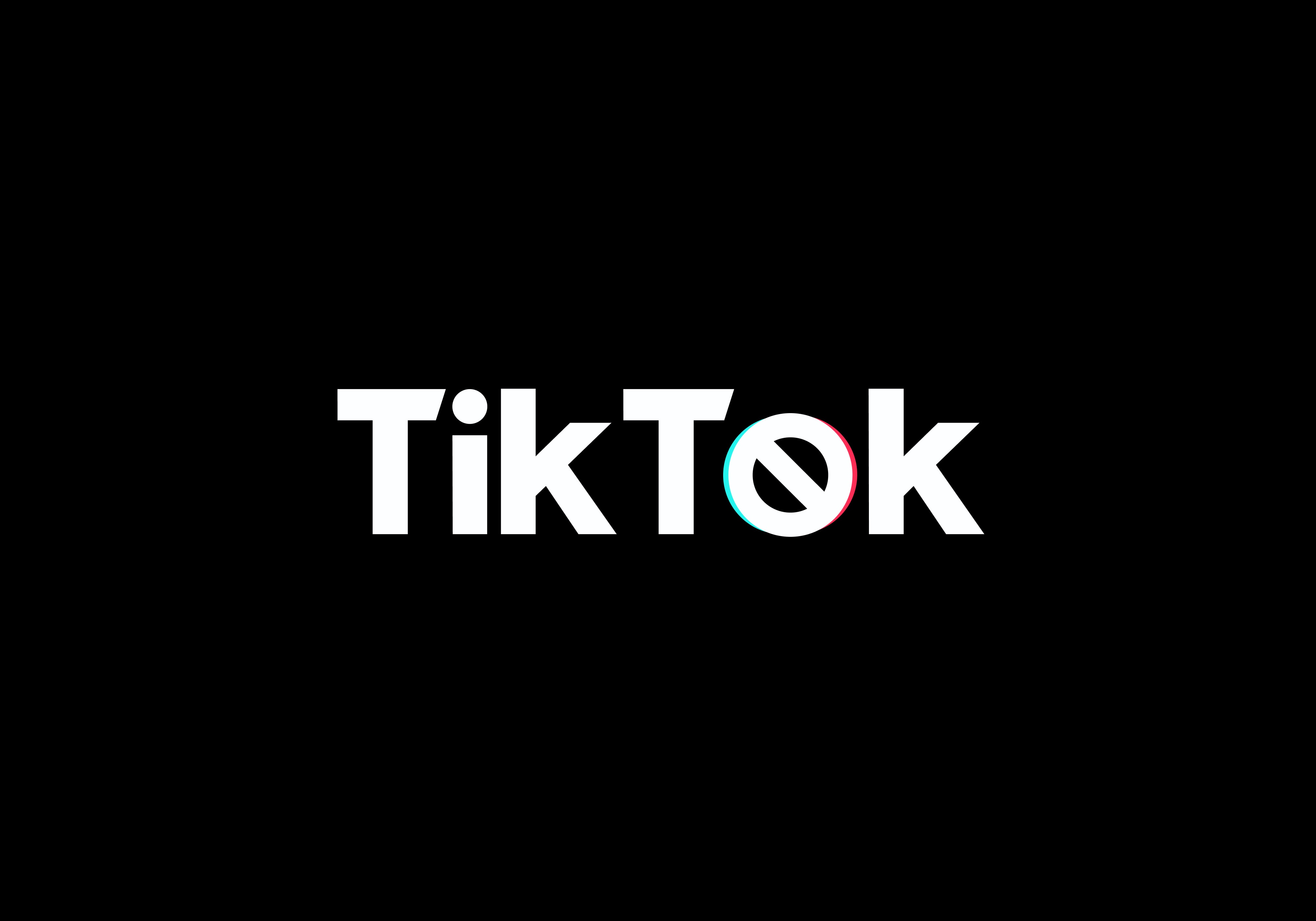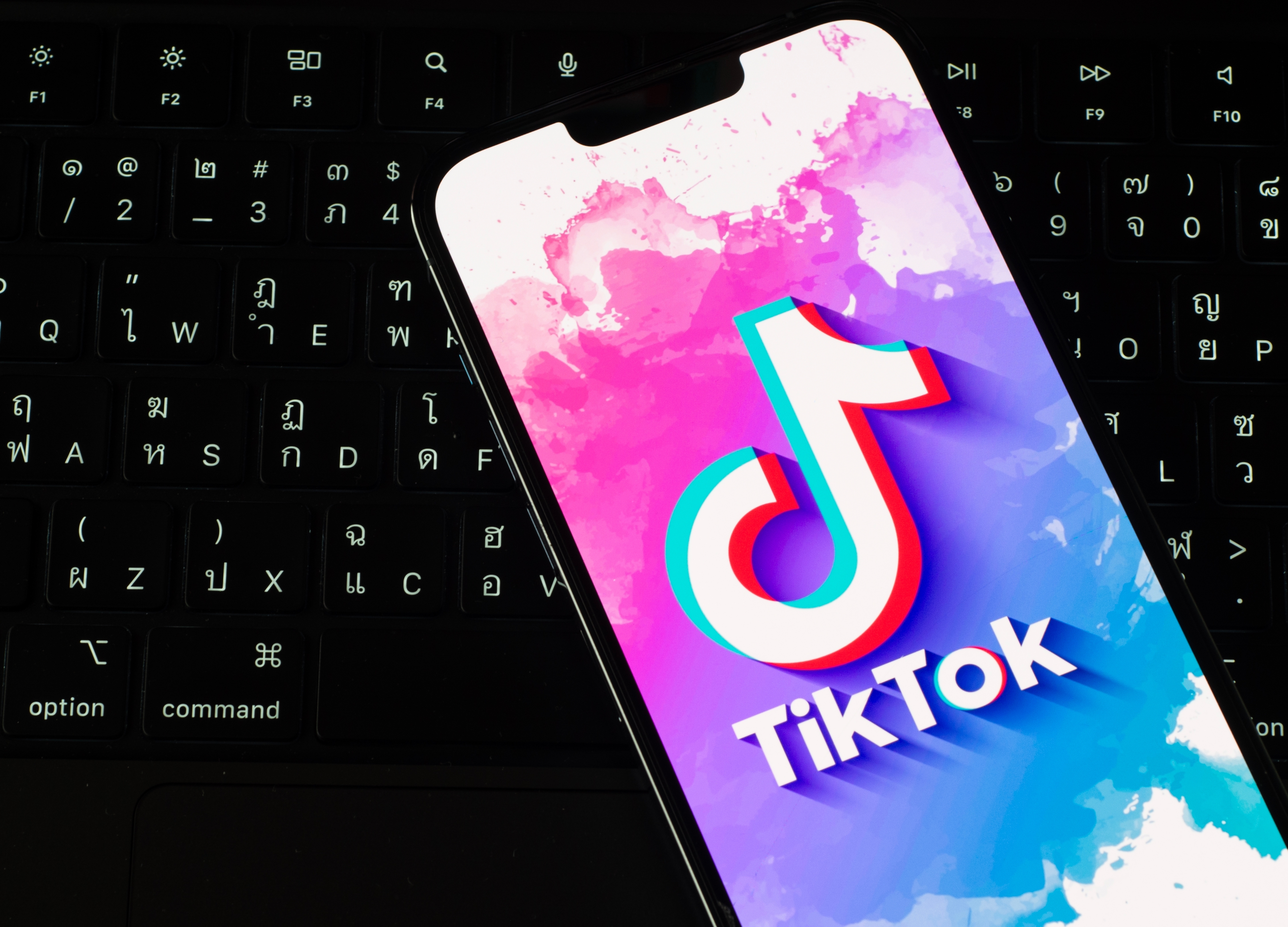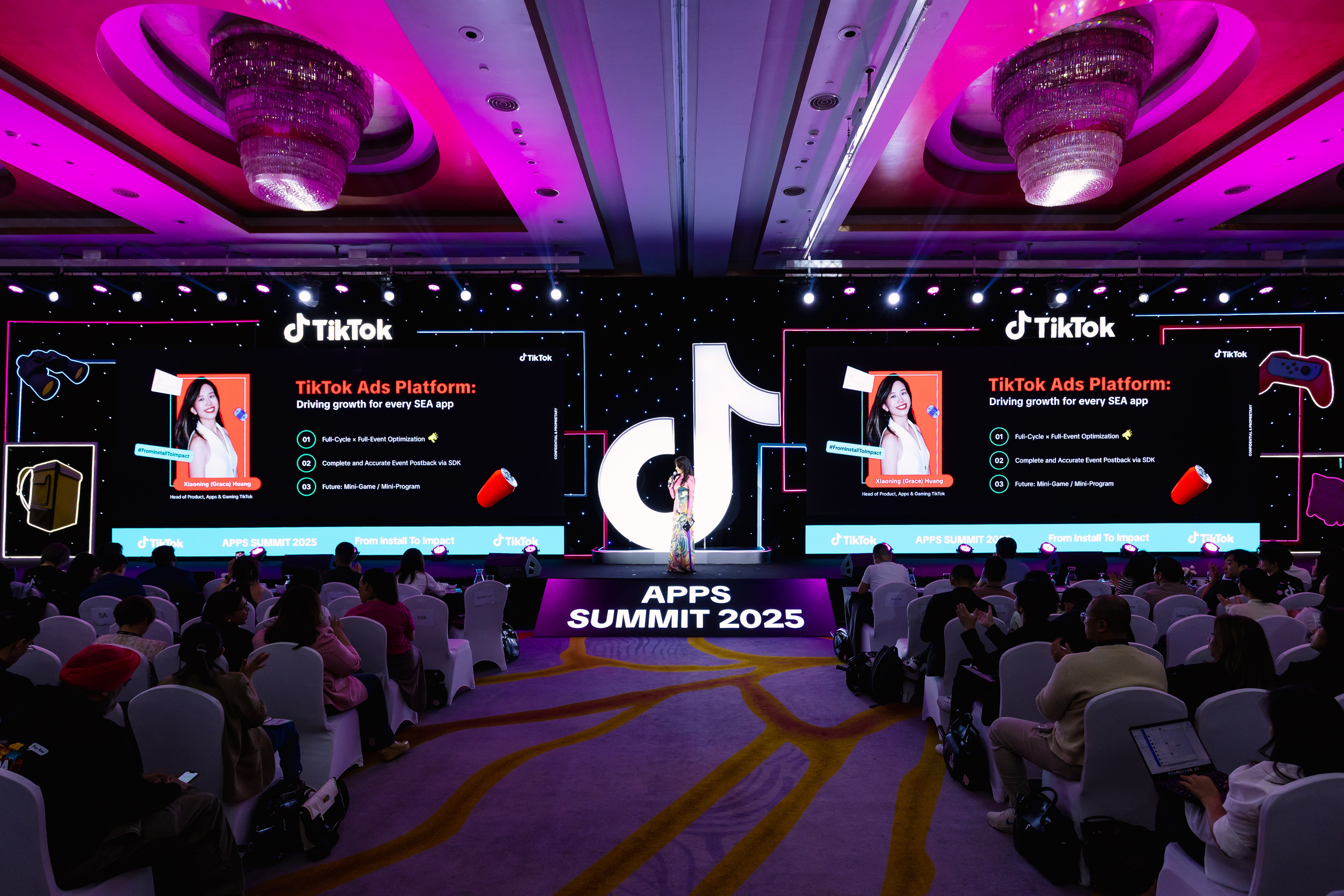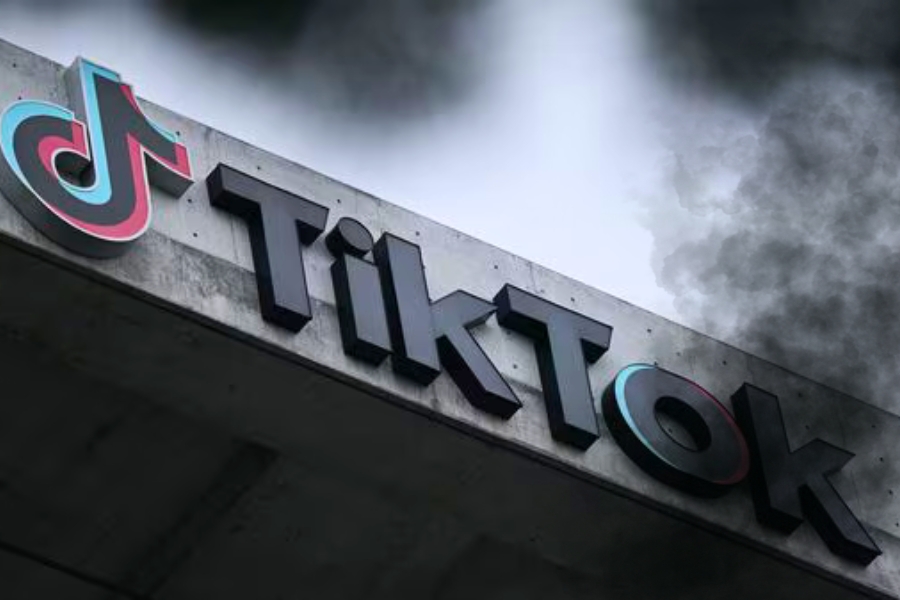TikTok has enjoyed explosive growth in 2020—it accumulated the most downloads for any app ever in a quarter between January and March—but events of the last few weeks have cast a dark shadow over the future of the popular short-video app.
"The last few weeks have been anything but plain sailing for the app of the moment," surmises Socialbakers chief executive Yuval Ben-Itzhak.
First, the Indian government banned TikTok along with 58 other mostly Chinese-owned apps, citing security risks related to India's sovereignty, on June 30. India was TikTok's biggest market by a significant mark.
One week later, on July 7, the video app announced it was to retreat from Hong Kong following the passage of China's broad new national security law, which brings the special administrative region more in line with China's media rules. Fittingly, the domestic version of TikTok, Douyin, will be rolled out to Hong Kong instead.
Public online mentions of TikTok roughly quadrupled on the day it announced its withdrawal from Hong Kong, according to social media monitoring firm Digimind.

In parallel, US politicans have been signalling their ambition to ban the app in their country. US secretary of state Mike Pompeo said last week that the US government was "looking at" a TikTok ban over concerns that it was being used as a surveillance tool by the Beijing government. On Sunday (July 12) White House adviser Peter Navarro said he expects President Donald Trump to take “strong action” against TikTok and Tencent's WeChat.
Facing a potential ban in the US, several corporations have already begun to take their own action against the app. Financial services company Wells Fargo told employees to remove TikTok from their phones, while Amazon asked its staff to do the same—but then backtracked on its decision. The Pentagon banned its use for military personnel in December.
TikTok's data collection processes are at the heart of the issues over its safety and security. When a user downloads the app, it stores information such as how and when the user signed up for the service, a user's phone number and device type, and location data. But security experts have pointed out that the volume of data that TikTok collects and stores about its users is consistent with other tech giants such as Facebook and Google. The unique point of contention for TikTok is whether it hands this data over to the Chinese government if requested to do so. The company has repeatedly said it has "never provided TikTok user data to the Chinese government, nor would we do so if asked". It has also said it stores user data in servers in Singapore and the US—meaning the data would technically not fall under Chinese law. This reportedly informed its decision to exit Hong Kong.
TikTok has been working hard to distance itself from its Chinese associations. In May it hired former Disney executive Kevin Mayer as its CEO to lead its international expansion. It is evaluating changes to its corporate structure to move its global base outside of China. But becoming the target of a political battle between the US and China puts it in a risky position.
A TikTok spokesperson told Campaign Asia-Pacific: "As we consider the best path forward, ByteDance is evaluating changes to the corporate structure of its TikTok business. We remain fully committed to protecting our users' privacy and security as we build a platform that inspires creativity and brings joy for hundreds of millions of people around the world. We will move forward in the best interest of our users, employees, artists, creators, partners, and policymakers."
Werner Iucksch, the planning director of We Are Social Singapore, says TikTok is making "serious efforts towards [addressing] this issue", including engaging with authorities in the relevant countries to reinstate the app or prevent its delisting—but it is facing a "very delicate situation".
Ben-Itzhak notes: "Whether the appointment of an American CEO and the global popularity of the platform can help it navigate through complex political terrain it faces today remains to be seen."
"As the only platform which comes close to Facebook's family of apps in terms of its scale, TikTok will likely have to make some difficult decisions to navigate its way around politics and focus on delivering the best experience to its customers," he adds.
Digimind says references to “government” as well as TikTok’s “Chinese social media” roots in online posts about the app indicate that Hong Kongers are still keenly aware of its connections to the mainland amidst the backdrop of the National Security Act.

Olivier Girard, Digmind's head of APAC, says: "Given these links in discussions and judging by the current status of other Chinese tech brands such as Huawei, it may not be enough for TikTok to merely distance itself from its parent Chinese company if they want to be a part of these markets."
In Australia, where TikTok is reportedly being investigated by the government and could be facing a ban, the platform's general manager Lee Hunter has written to MPs to "correct the record" on "false claims" made about the company and its ties to the Chinese government. In the letter, Hunter wrote that TikTok was being used as a "political football".
Got this letter from Tick Tok today. Very pleased they’re reaching out but disappointed it didn’t come with music and dance moves. @tiktokaustralia pic.twitter.com/qJ8ki10FGq
— Stephen Jones MP (@StephenJonesMP) July 13, 2020
This terminology has been used in an ad campaign, launched in several Australian newspapers this week, in which TikTok has reasserted the fact that it is "safe" and "secure".

Forrester senior analyst Xiaofeng Wang points out that addressing international data security and privacy concerns is a "critical challenge" for TikTok and other Chinese companies that look to grow overseas.
"What TikTok can do is to reinforce its compliance of data regulations and respect and protect consumer data privacy in each and every market it operates in," Wang says.
The analyst added that it is difficult to predict if the geopolitical impact to TikTok and other Chinese apps is short or long-term. But she said what has become clear is that consumers all over the world are becoming more privacy-aware.
"They are raising their expectations of these companies to respect consumer data privacy, and will “break up” with companies who fail to meet their expectations and will only engage with companies that they can trust. It doesn’t just apply to TikTok or other Chinese apps, but Western ones like Facebook too," Wang says.
This will inevitably change the global expansion strategy of Chinese companies, she says.
"When the geopolitical environment is less friendly, Chinese companies that aim for global expansion should increase the variety of their investment, in terms of both market selection and investment methods, such as mixing indirect investment in local businesses with direct operations," she adds.
TikTok has been aggressively hiring teams across Europe and North America, including a new agency team headed by former Beijing-based marketer Lionel Sim. It also recently launched a global marketing platform for brands, TikTok for Business, in a bid to grow its advertising revenue and client base.
Chinese technology manufacturer Huawei has similarly become a key focus of the US-China trade war. The company was blacklisted by the US last year, when Trump signed an executive order barring US companies from doing business with Huawei, citing national security concerns. Just this week, the UK government said it would ban equipment from Huawei from the country’s 5G network. Despite this, Huawei still reported a 6% rise in profit and 19% rise in revenue in 2019.
We Are Social's Iucksch says TikTok's challenges are "less sensitive" than those of Huawei, which involves an infrastructure issue, rather than a platform that individuals can choose to use.
"Whether this situation persists is difficult to tell," he says. "But the TikTok matter is less sensitive, with a higher potential to resolve disputes to ensure services resume quickly."











